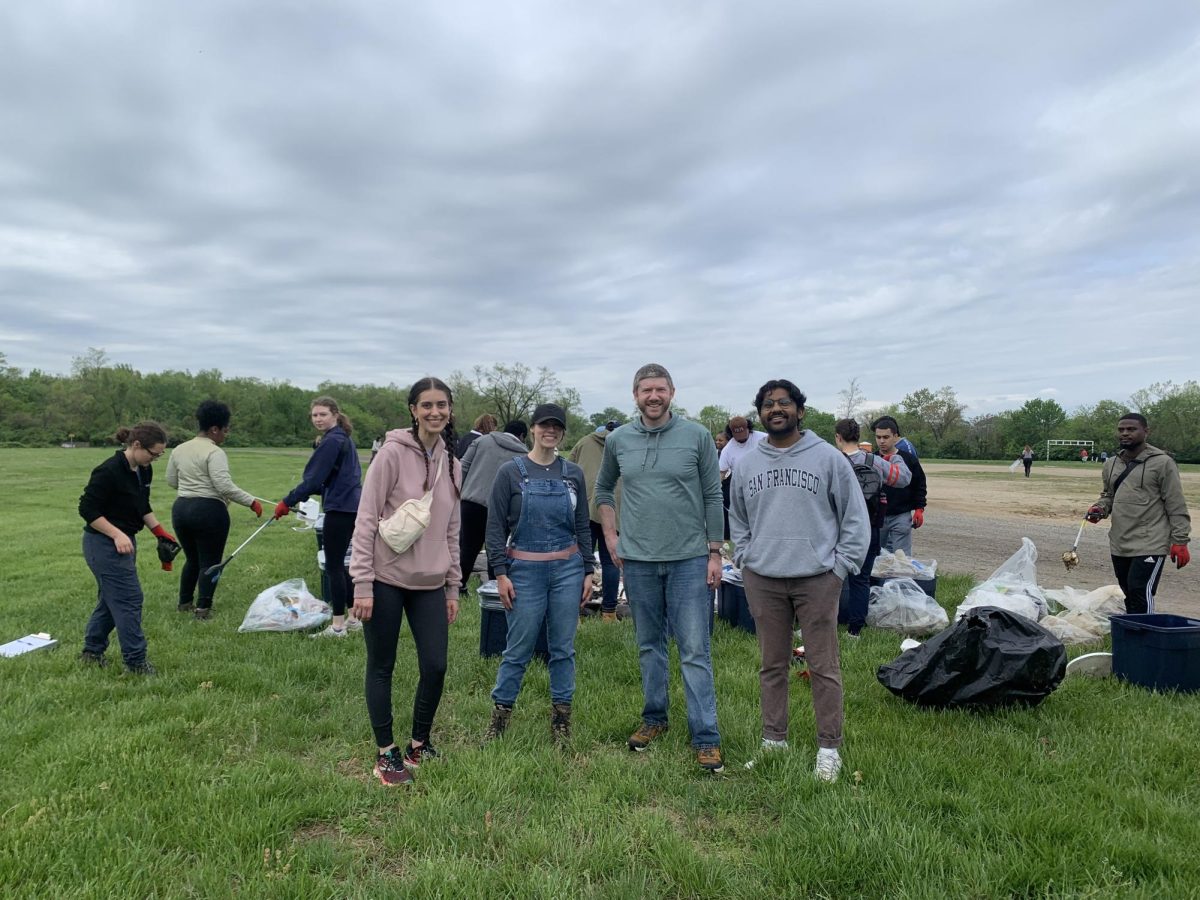Kareem Chehayeb and Sarah Shmaitilly, the founders of Beirut Syndrome, a grassroots journalism site based in Beirut, Lebanon, discussed the tendency of the Lebanese media to censor their reporting in an effort to maintain the country’s reputation at a panel discussion in Reiss Hall on Wednesday.
Chehayeb and Shmaitilly said the idea behind their site is to report on Lebanese issues from an alternative perspective, seeking to counteract Lebanese censorship on their website with clear, unbiased content.
“We try to take what people are talking about and are passionate about and find a different angle to report from,” Chehayeb said.
The pair said Lebanese people can become desensitized to the disasters and warfare that affect their nation. Chehayeb and Shmaitilly blame Lebanese media companies’ for this disinterest, claiming these companies intentionally portray a clean and peaceful image of their country to encourage investment in their economy by foreigners and wealthy expatriates.
Chehayeb and Shmaitilly also said many people in Lebanon are afraid to speak openly about controversial events, for fear of prosecution by their government — something their website hopes to change.
“We want to create safe spaces online for conversations to take place,” Shamitilly said.
The pair spent most of their time describing the events they have covered in the past few years, including the arrival of Syrian refugees in Lebanon, real estate takeovers that involved the destruction of cultural heritage sites and the Lebanese government’s careful management of religious sects.
Chehayeb and Shmaitilly also gave examples of how the mainstream press attempted to censor reporting on these events.
Chehayeb and Shmaitilly particularly pointed to the controversy of the military in Lebanon.
“The tricky thing about Lebanon when compared to other Arab countries is that in Lebanon you have multiple political parties that have existed for decades and decades, and they switch alliances here and there, so the only body people see as trustworthy and constant is the army, because it is by the state and for the state,” Chehayb said.
Chehayeb and Shmaitilly said that many Lebanese people see the police force, not the army, as the agent of censorship and brutality. The Lebanese police force, ISF, has recently been using social media to post photos of instances of their officers helping children, which Chehayeb and Shmaitilly displayed during the panel.
The pair also said that Beirut Syndrome and its reporters cannot become a licensed media outlet and are therefore subject to immediate arrest.
“There is a limited number of media licenses given out by the government and all of those have been given to the mainstream, commercial media companies,” Chehayeb said.
Chehayeb and Shmaitilly said they hope to avoid the sponsorships and commercialization which have corrupted the mainstream media in Lebanon.
“So many people’s problems are not even talked about in the local media because it’s not sexy or attractive enough, it doesn’t make Lebanon look good and we want to make things better for everybody,” Chehayeb said.




















